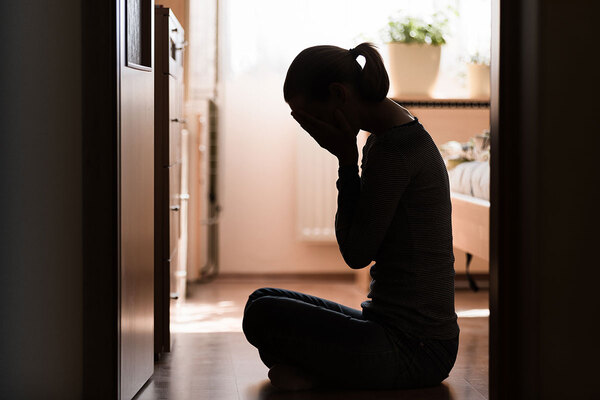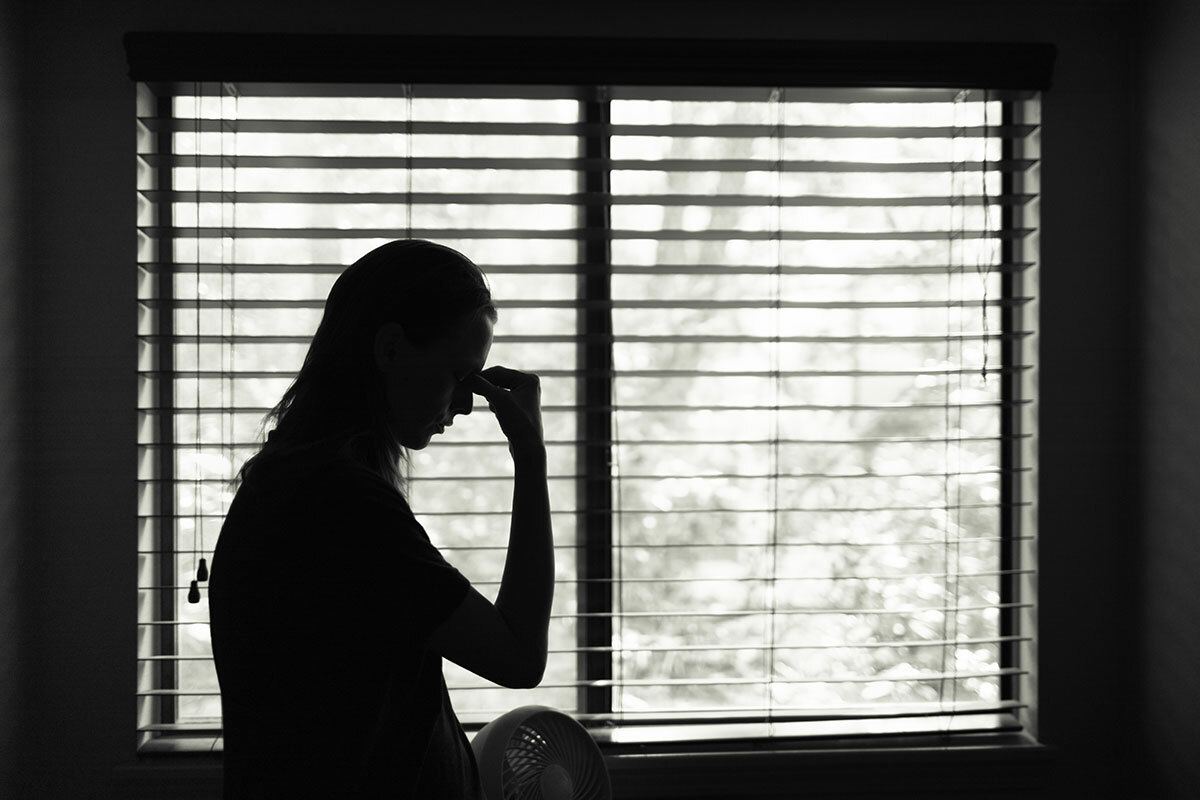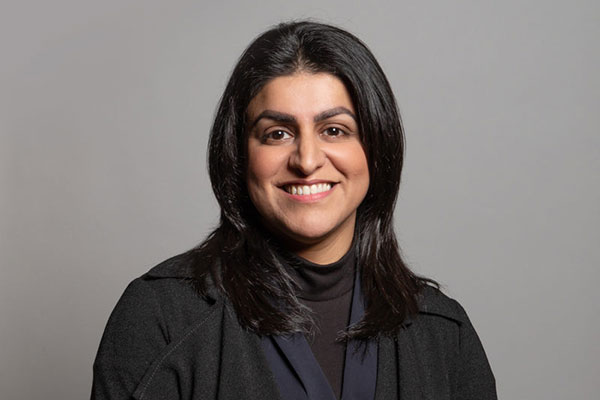You are viewing 1 of your 1 free articles
‘Urgent concerns’ over exempt accommodation providers targeting domestic abuse survivors
Women’s organisations have raised “urgent concerns” over a surge in exempt accommodation providers housing domestic abuse survivors in unsafe and unsuitable homes with limited support.

Providers that “lack any expertise, experience or quality assurance” are rapidly moving into the sector and “delivering highly unsafe schemes”, Women’s Aid and Imkaan warned in a briefing paper prepared for the government and seen by Inside Housing.
Examples include hostels being opened in places with high rates of anti-social behaviour and criminal activity, which the charities say leave women vulnerable to exploitation.
There are fears that “unscrupulous” providers may be targeting women and children fleeing violence at home in order to get a “foothold” in areas before the Domestic Abuse Bill – which places a new duty on councils to fund “relevant” accommodation for survivors – becomes law.
In some cases, this includes private firms establishing community interest companies to use refuge schemes as a means of delivering a financial return to investors, the briefing claimed.
Women’s Aid and Imkaan are pushing the government to tighten regulations surrounding exempt accommodation and the Domestic Abuse Bill, as well as call on council housing benefit departments to withhold cash where there are concerns.
“We urge the government to take action to ensure that unscrupulous and unsafe exempt accommodation providers seeking to make a ‘business’ out of domestic abuse cannot do so, and women and children can access the specialist, safe accommodation they need,” the briefing said.
In an accompanying letter to housing secretary Robert Jenrick, the charities warned that women living in these unsuitable refuges “are likely to see returning to an abuser as a ‘safer’ option”.
The Ministry of Housing, Communities and Local Government (MHCLG) said it is carefully considering the issues raised.
Exempt accommodation refers to a category of supported housing in which landlords are required to provide only loosely defined “care, support or supervision” to residents but can still charge significantly higher rents than for mainstream social housing, paid by housing benefit.
Providers may enter short-term lease agreements with private landlords or property owners to obtain accommodation and sign deals with third-party managing agents to carry out support and management services.
It is often used to put a roof over those who would otherwise be forced to sleep rough, and while many exempt accommodation landlords provide crucial housing and support to vulnerable people there are concerns that some providers are offering inadequate support in poor living conditions.
Women’s Aid said its frontline member services have increasingly been approached over the past year by exempt accommodation providers seeking referrals of domestic abuse survivors.
These providers have often lacked “basic understanding and awareness of the nature of domestic abuse” and been able to provide “no evidence” of safeguarding or governance controls, the federation said.
“In some cases there is no domestic abuse support being provided at all,” it added.
Domestic abuse refuges are specialist forms of accommodation where expert staff are employed to provide a comprehensive package of support to survivors to ensure they do not return to abusers.
Supply is very limited, with Women’s Aid estimating that 64% of referrals to refuges were declined in 2018/19 due to a lack of available space, and ethnic minority, disabled and LGBTQ+ groups often facing particular challenges.
Incidents of domestic abuse are believed to have soared during the coronavirus pandemic, with the National Domestic Abuse Helpline taking 80% more calls in June than usual.
Women’s Aid and Imkaan want ministers to strengthen the recently published national statement of expectations on supported housing standards to allow councils to use it as a basis for enforcement, and to define clearly the terms “relevant accommodation” and “domestic abuse support” in the Domestic Abuse Bill.
Nicki Norman, acting chief executive at Women’s Aid Federation of England, said: “We want to see action to withhold housing benefit from schemes which are unsafe for women and children escaping abuse.
“The Domestic Abuse Bill is also a critical opportunity for the government to define specialist women’s refuge services in law, and ensure that local authorities never fund these unsuitable and unsafe schemes.”
The government is understood to be reluctant to impose significantly tighter regulation on the supported housing sector because of concerns about its financial fragility.
A spokesperson for MHCLG said: “We’ve worked with charities – including Women’s Aid and Imkaan – on an unprecedented package of support for victims of domestic abuse during the pandemic.
“This includes £10m of emergency funding for refuges and other safe accommodation charities – providing up to 1,890 bed spaces.
“We’re also changing the law so councils have a duty to provide support within safe accommodation for domestic abuse victims and their children.
“In October we announced £3.1m of funding for five councils to pilot approaches to improving quality, enforcement and value for money in short-term supported housing.”
Sign up for our care and support newsletter
Already have an account? Click here to manage your newsletters











